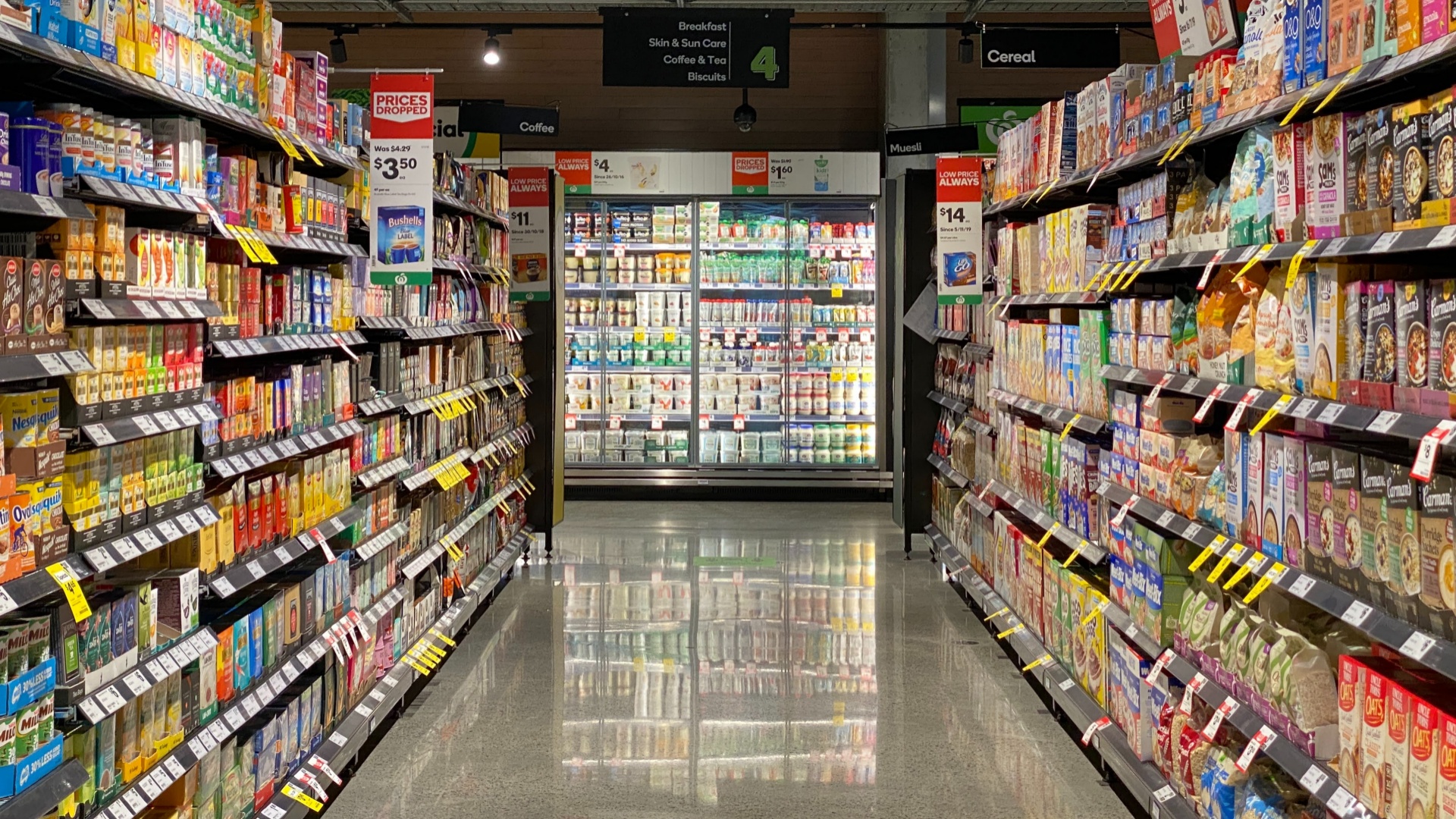- Briefing the media yesterday, Minister in the Presidency Khumbudzo Ntshavheni, says Cabinet has instructed the Economic Cluster to draw up a plan regarding rising food prices.
- She highlighted the “rocket and feather” effect of food prices rising sharply and then lowering again slowly.
- There is no timeframe for when the action plan will be drawn up and implemented, however.
In recent months South Africans have been feeling the pinch of rising food prices more than ever. The global economic downturn and rapid inflation have meant consumers have had to bear the brunt of the effects.
There may be some respite, however, as this week Minister in the Presidency Khumbudzo Ntshavheni briefed the media regarding food prices, food security, and access to food for South Africans, per SA News.
More specifically Ntshavheni explained, “Cabinet has approved that the Economic Cluster must put in place an action plan on food prices.”
While it remains to be seen when said plan will be put together, as well as implemented, it finally seems as though the government is acknowledging the fact that retailers have had free reign to raise and lower prices as they have seen fit this year.
This unfettered fluctuation is something that the Competition Commission has also been acutely aware of, with Ntshavheni noting that the regulator has been monitoring food prices closely since the pandemic.
As we saw over that two-year period, several retailers were taken to task over price gouging, particularly on personal protective equipment (PPE) and essentials that many South Africans relied on during the years-long lockdown.
Another element that the Economic Cluster will need to look at is how quickly prices are raised compared to how slowly they take to return to a reasonable level.
“The Commission has noted the ‘rocket and feather’ effect, where prices are quick to rise often in excess of cost increases and slow to fall once cost pressures decline. It has also flagged the concentrated nature of the food and retail markets as a concerning contributing factor,” added Ntshavheni.
Moving forward, Cabinet is said to be leveraging the insight and recommendations of the Competition Commission, with plans in place to implement measures including, “market inquiries to address structural features in the market that lead to high food prices and low levels of competition.”
Hopefully, all of this is not simply politicking before the national elections next year, and we see some tangible positive changes in terms of food prices locally, especially as consumers continue to struggle.
[Image – Photo by Franki Chamaki on Unsplash]

